Tara Westover was born into a survivalist family in rural Idaho, where she grew up without formal education, medical care, or even a birth certificate for much of her childhood. Her world was tightly controlled, isolated, and built on fear of the outside. But as she grew older, questions began to form—quiet at first, then impossible to ignore. What happens when you begin to see your life clearly, and realize you may have to leave everything behind to survive it?
The Girl Without a Birthday
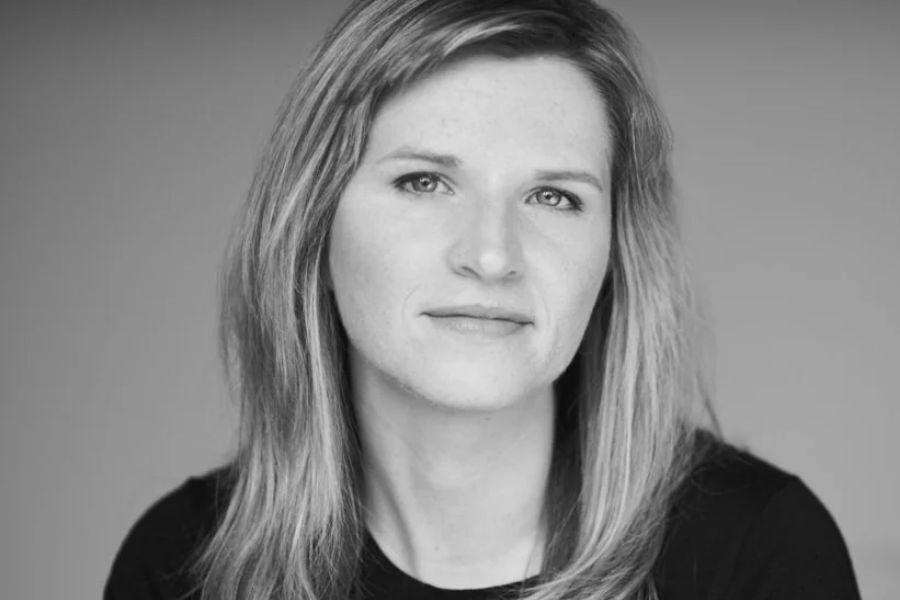
Tara Westover was born on September 27, 1986, in the small town of Clifton, in rural Idaho. But as a child, she didn’t know her real birthday.
Her parents never filed a birth certificate. Doctors were avoided, records ignored. Each year, Tara guessed a date in late September—never a Sunday, because Sundays were for church.
She was the youngest of seven, growing up in a home where time was flexible, truth was filtered, and the outside world felt impossibly far away.
The Mountain That Raised Her Father

Tara’s parents, whom she calls Gene and Faye, met in their early twenties and moved to the mountains of Idaho, chasing freedom and self-reliance.
For Gene, the mountain was more than home—it was a kind of gospel. Its vast silence convinced him that the outside world was chaotic, unnecessary, even dangerous.
But that quiet also concealed a growing unrest. Tara has explained that her father’s mind changed over time, shaped by fear, isolation, and a belief that only he understood the truth.
The Beauty and the Blindness
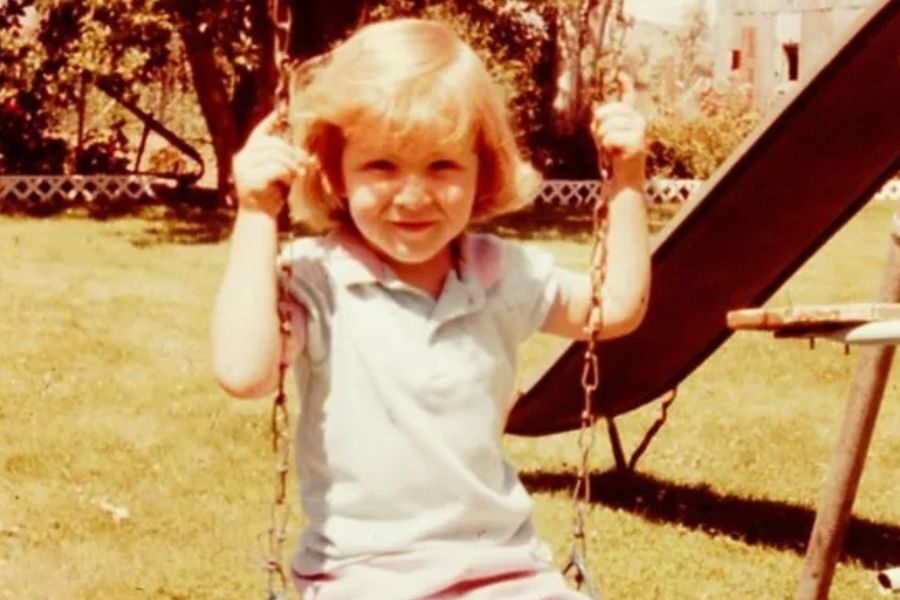
Tara grew up in a small yellow house at the foot of a mountain, surrounded by wild fields and silence. It was isolated, but it was home.
She and her siblings spent hours wandering those hills, gathering rose hips and mullein flowers for their mother to turn into herbal remedies. It felt magical, even sacred.
“There were a lot of beautiful elements,” Tara told NPR, “And of course, to me, it was the only life I had ever known (…) Now I’m an adult. I can see that it wasn’t exactly normal.”
Preparing for Collapse

By the time Tara was born, Gene’s fear had taken over. What began as suspicion had become a full-blown conviction that the world was ending.
He believed disaster was inevitable—government takeover, societal collapse, something catastrophic. Every day became preparation. Survival wasn’t a possibility; it was a duty.
Guns, fuel, and food were gathered constantly. Escape routes were planned. His family wasn’t just living off the grid—they were being trained to outlast a world they were told to fear.
No Way Out

Gene didn’t just isolate himself—he isolated everyone around him. His mistrust ran so deep that even doctors were seen as threats sent to destroy the family.
Injuries, no matter how serious, were treated at home. Car accidents, burns, broken bones—none of it justified a hospital. Seeking help was considered betrayal.
He urged Faye, already an herbalist, to become a midwife—not to serve the wider world, but to keep births within their small, tight-knit circle. Nothing could come in.
Faith as a Fence

Gene’s worldview was shaped by a radical, fundamentalist strain of Mormonism—one that saw danger in the outside world and virtue in absolute control.
The family rarely left home, except for Sunday worship with others who believed the same. It wasn’t community—it was reinforcement, a mirror of their own fears.
Tara’s life was tightly bound by her parents’ beliefs. What she wore, what she did, and who she spoke to were monitored. Faith didn’t just guide them; it confined them.
A Future Already Written

Tara’s world was shaped not just by isolation, but by belief—a version of Mormonism more radical than most, especially when it came to gender roles.
From a young age, she knew exactly what her future was supposed to be: marriage by 17 or 18, a house on a patch of her father’s land, and children.
“Possibly, I would become a midwife like my mother and take over with the herbs,” she recalled. “This was very much the path as it was laid out for me.” And for many, many years, she didn’t question it.
The School That Wasn’t
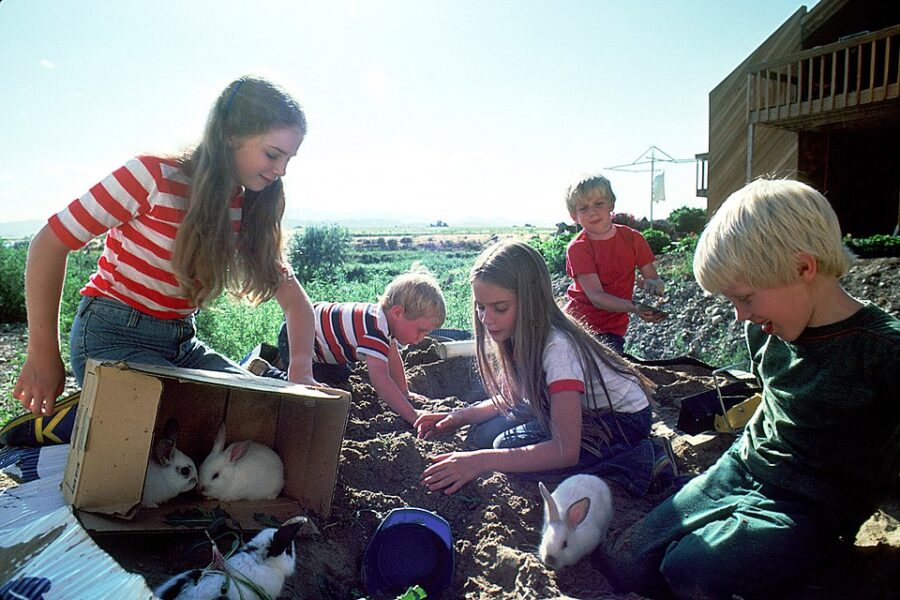
Tara never went to school. Her parents believed education was government propaganda—a tool for control, not learning. So, she was “homeschooled,” at least in name.
In truth, there were no structured lessons. Tara was thought how to read by her mother, but she spent most days riding horses or working with her father. Learning came second, if at all.
Still, it didn’t feel strange. “I thought they were wrong and we were right,” she told Variety in 2018. “I thought they were being brainwashed, and I wasn’t.”
Childhood in the Junkyard

Instead of studying, from a young age, Tara was expected to work. Her father believed the family business—scavenging scrap metal—was more important than school, safety, or childhood.
The junkyard was dangerous, but rules were few. Hard hats were forbidden, and caution was discouraged. Injuries were constant. “Accidents,” her father insisted, were a test of faith.
Tara recalls screams, burns, and blood. A severed finger. A brother with head trauma. But she never questioned it—because questioning meant doubting him, and that wasn’t allowed.
Hunger and Harm

Tara’s childhood was marked by more than isolation—it was shaped by scarcity. Her father’s junkyard barely supported a family of nine. They lived with constant lack.
There was never enough food, clothing, warmth. Poverty wasn’t a temporary hardship; it was the backdrop to everything. Basic needs were luxuries, and luxuries didn’t exist.
Inside the home, things were no gentler. Beyond the injuries in the junkyard, there was physical abuse, and sadly, it was not just from her dad.
The Brother Who Broke Her
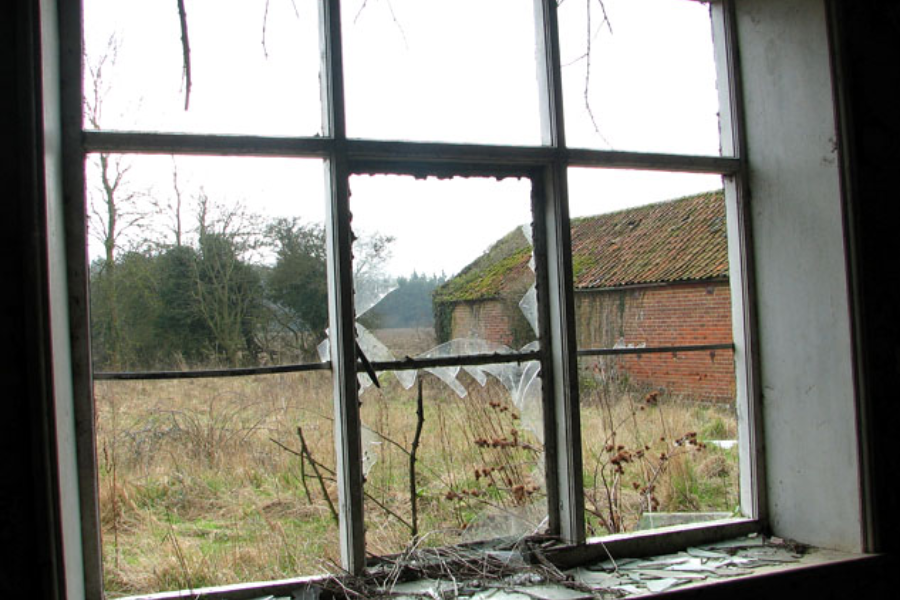
Among the many wounds Tara carried from her childhood, the deepest were inflicted not by her parents but by her older brother, “Shawn,” whom she described as both loving and terrifying.
Ten years her senior, Shawn was unpredictable and violent. He humiliated her, controlled her, and hurt her—physically, emotionally, relentlessly. And no one in the house stopped him.
Tara wrote about one particularly violent incident where he dragged her by the hair, choking her until her vision blurred. What sparked that incident? She had tried on lipstick the night before.
The Ice Game

Tara described her brother Shawn not only as violent, but also deeply manipulative. His cruelty didn’t always come with fists—sometimes, it came disguised as a game.
He would ask for something simple, like a glass of water. Then he’d change the rules. Add ice. No, take it out. Add it again. Over and over.
It went on until you broke, until you refused. And that, Tara says, was the real test. “At some point, you’d just get tired of the game,” she remembered. “And you would say, I’m not going to do this anymore.”
Learning to Name It
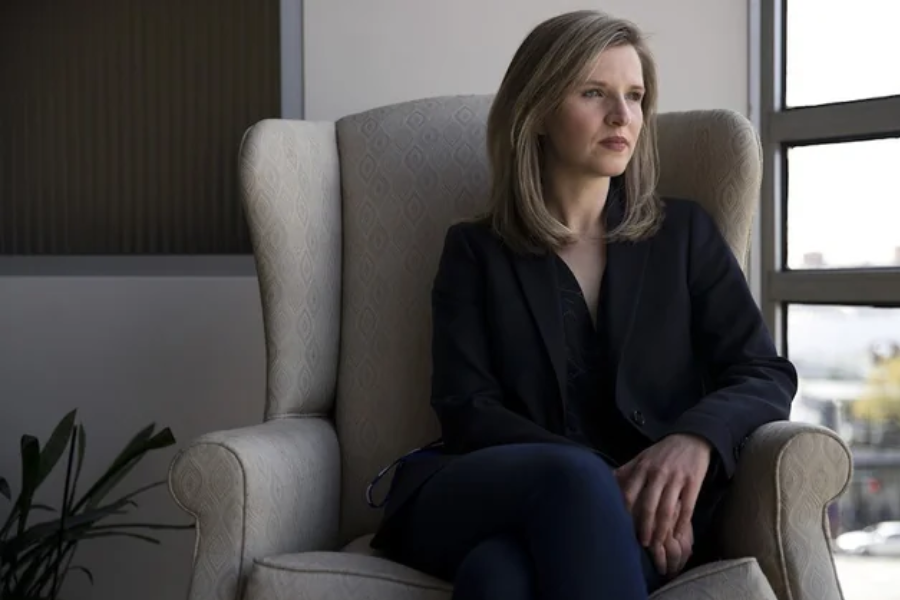
For much of her childhood, Tara didn’t have a word for what was happening. The violence, the control, the fear—it felt normal because it was all she knew.
It wasn’t until her teenage years, and even later, that she began to see it clearly. What she once accepted as discipline or love, she slowly recognized as abuse.
“All abuse is foremost an assault on the mind,” she reflected, “When you abuse someone, you limit their perspective and you trap them in your view of them or your view of the world.”
Her First Escape Was a Song

In the chaos of Tara’s childhood, one of the few places that felt calm—almost safe—was the church choir. Music became her first quiet form of escape.
It was her brother Tyler who introduced her to it, playing tapes of the Mormon Tabernacle Choir. Their harmonies stirred something deep in her, something hopeful.
She began taking singing lessons and joined the church choir. Her pastor praised her voice. Even within strict walls, music gave her a glimpse of freedom—and of herself.
A Door Cracked Open

The first time Tara sensed there might be a way out, it came quietly—when her older brother Tyler left home to go to school.
He had grown up under the same roof, with the same rules and fears, but somehow had taught himself enough to get into college.
Years later, Tara would recall how Tyler’s quiet rebellion—his books, his music, his belief in learning—showed her something she hadn’t known before: that escape was possible.
A Tame Rebellion

After watching her brother Tyler leave for college, Tara began to imagine a rebellion of her own—not wild or loud, but quiet enough to survive.
She dreamed of studying music. Not to escape forever, but to return and teach—maybe direct the church choir or give voice lessons on the farm.
She knew her father wouldn’t approve. University was forbidden territory. But in her mind, this was different. “It was a pretty mild rebellion,” she said. “I could do that.”
Teaching Herself to Leave

Eventually, when she turned seventeen, Tara made a decision that would change everything: she would try to go to college, despite never having set foot in a classroom.
It was 2002 when she began studying in secret, using old textbooks, library books, and sheer determination to teach herself algebra, grammar, and science.
She spent months preparing for the ACT, often studying late into the night. When her score came back high enough, she was admitted to Brigham Young University. It felt like the only escape.
The Choice That Changed Everything

Telling her parents she was going to college wasn’t a proud announcement—it was a quiet act of defiance wrapped in fear. Tara knew what it would cost.
She didn’t ask for permission. She told them softly, cautiously, as if hoping the words might go unnoticed. But they didn’t. Her decision was not welcomed.
Her father saw it as betrayal, her mother wavered in silence. Tara wasn’t just leaving home—she was choosing her own mind. And that choice would break everything.
A World She Wasn’t Ready For
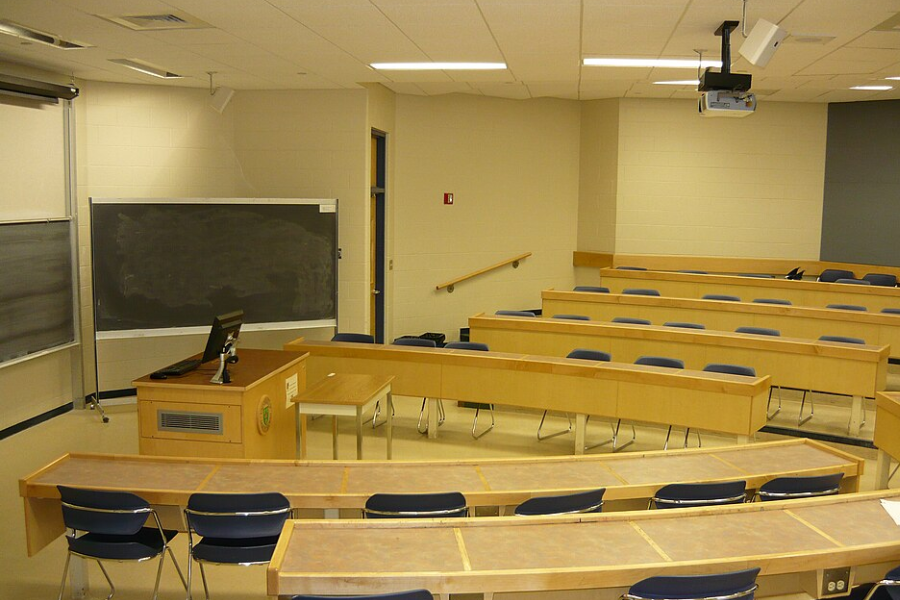
At seventeen, Tara left home with a scholarship and a determination to start over. Despite her family’s disapproval, she enrolled to study Music.
But stepping into that world was like landing on another planet. She didn’t understand lectures and cultural references. Everything felt foreign—and so did she.
She once asked what the word Holocaust meant, not realizing it was common knowledge. The classroom exposed not just gaps in her learning, but the depth of her isolation.
What No One Taught Her

Tara didn’t just struggle with lectures and cultural gaps—she also lacked basic hygiene norms most people learn as children. Even washing hands was unfamiliar.
She recalls her father brushing off her grandmother’s concern about hygiene. When she asked if the kids were taught to wash their hands, he joked, “No, I teach them not to piss on their hands.”
At college, her roommates were horrified. They sat her down gently but firmly. This, too, was a lesson Tara had to learn—one more piece of the world she’d never been taught.
Discovering What Mattered

Tara didn’t just learn how to study—she learned how to see. In the beginning, everything felt foreign, but with time, clarity began to take shape.
After a few years, she found herself drawn to history and political science. These subjects opened her eyes, revealing just how wide and complex the world really was.
What started as survival became curiosity. As her confidence grew, so did her sense of purpose. Tara wasn’t just learning facts—she was discovering what she truly cared about.
The Break That Wouldn’t Heal

College didn’t just give Tara an education—it gave her distance. And in that distance, things that once felt confusing began to take shape as truth.
She realized what she had endured from Shawn wasn’t love, or discipline—it was abuse. With time, she found the courage to speak it aloud. One holiday, she went home and told her parents.
Her mother listened. Her father called her a liar. Shawn never spoke to her again. It was the first deep crack in the family—one that would only grow wider with time.
As Her World Fell Apart, She Kept Moving Forward
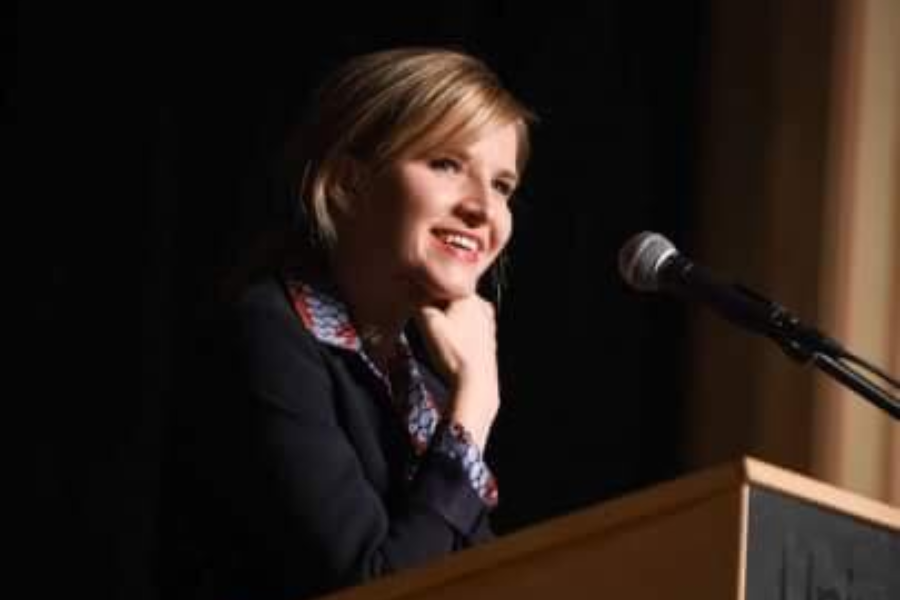
While Tara’s personal life was unraveling and her family ties began to fracture, her academic work only grew stronger. In the classroom, she found direction.
She eventually graduated with honors from Brigham Young University. After opening up about her family background, a professor encouraged her to consider studying abroad at Cambridge.
Later, Professor Steinberg urged her to apply for the Gates Cambridge Scholarship. She did, and she won. While one world was falling away, another was just beginning to open.
No Passport, No Problem

When Tara was accepted to Cambridge, it felt like a new life was finally within reach. But her past wasn’t ready to let go so easily.
At the passport office, she handed over her delayed birth certificate—issued nine years after she was born. The clerk laughed. It was a reminder of just how far she’d come from a world that never expected her to leave.
But Tara didn’t turn back. Even as fear and doubt crept in, she kept moving forward. Her past might’ve tried to follow her—but it didn’t get to stop her.
Cambridge: The Place That Changed Her
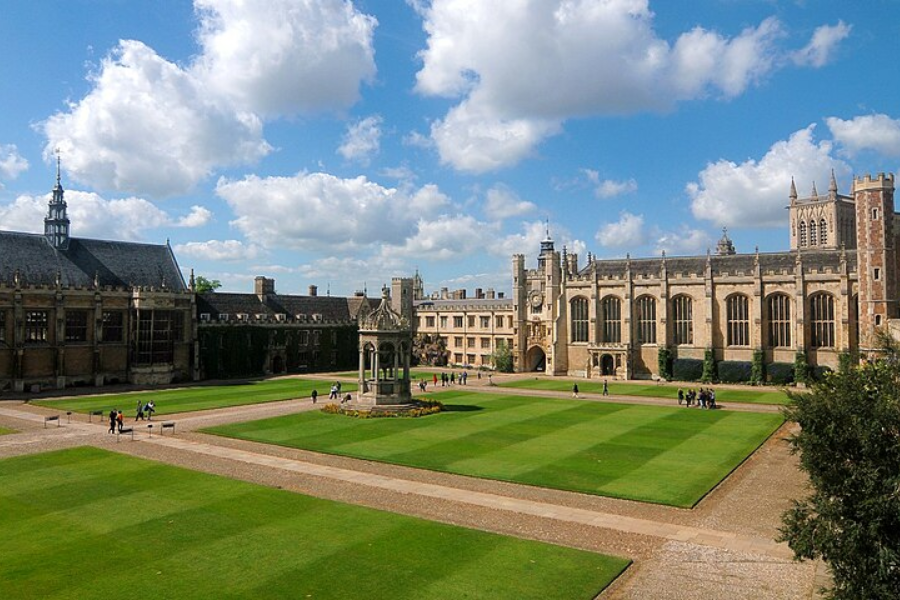
When Tara arrived at Cambridge, she felt like a fraud—afraid, unprepared, and certain someone would discover she didn’t belong in those halls.
Emotional breakdowns followed. The academic pressure was intense, but so was the weight of everything she was beginning to unlearn about her past and herself.
She pushed through. She earned a Master’s degree as a Gates Cambridge Scholar and opened a new path for herself toward further growth, study, and recognition.
One Small Act of Defiance

A major moment in Tara’s transformation took place at Cambridge: it was there, for the first time in her life, that she got vaccinated.
Her family had always rejected vaccines, warning of danger and control. Growing up, even basic medical care was viewed with deep suspicion and fear.
But at Cambridge, Tara made a different choice. It was a small act—a needle in the arm—but it marked a powerful break from the past and a step toward autonomy.
When the Past Came Calling
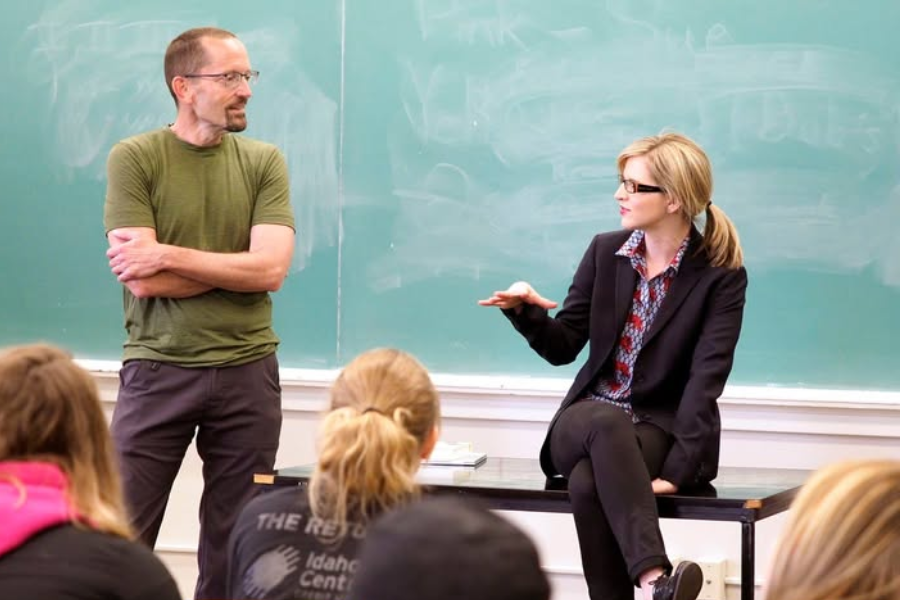
Cambridge gave Tara more than a degree—it gave her space. For the first time, she had distance to think, to feel, and simply to be herself.
She struggled, yes, but she also grew. Those years transformed her. Eventually, her academic path led her back to the U.S., where she became a visiting fellow at Harvard in 2010.
And then, something unexpected happened. Her parents—long estranged, absent from her new life—reached out. They wanted to visit. After everything, the past was knocking at her door.
The Offer to Come Back

Even with all she had accomplished, part of Tara still longed for her family. So when her parents visited her at Harvard, she was caught off guard.
“At first, it was a surprise,” she later recalled. “And I think they had only been there a very short time… before I realized why they had come.”
They hadn’t come just to see her—they had come with an offer: a way back into the family. Her father wanted to bless her, a ritual he saw as an exorcism to drive out the “demon” he believed had made her speak out. And for a while, Tara admits, “I thought maybe I could do that.”
The Bargain She Almost Made
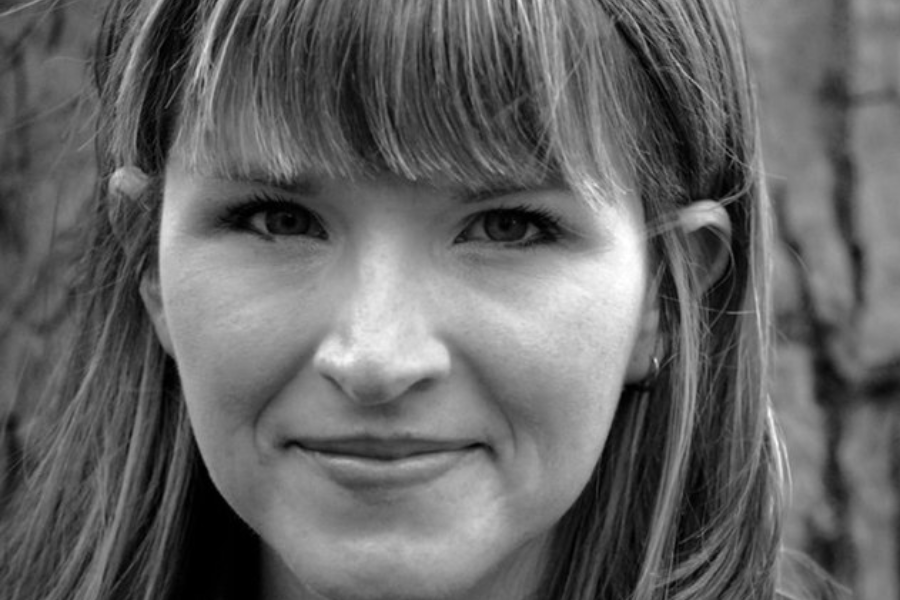
For several days, Tara walked through Boston with her parents, doing ordinary things—sightseeing, talking, pretending. It looked like reconciliation. But inside, she was unraveling.
She knew how much they hated travel. Their visit meant one thing: they truly wanted her back. And for a while, Tara considered it. The cost was high, but maybe worth it.
“All I had to do was exchange their memories for mine,” she recalled. “Deny what I knew, surrender my sense of reality, and maybe—I could have their love.” In the end, she couldn’t do it.
She Chose Herself

On their last night in Boston, Tara’s father offered her the blessing—the one he believed would cleanse her, cast out the darkness, make her whole again.
She tried to accept it. She wanted to. But something inside her resisted. “The daughter that my father had come to reclaim no longer existed,” she realized.
“She had studied and she had read and she had grown her own mind… And what my father had come to cast out of me—it wasn’t a demon. It was me.”
When Everything Fell Apart

After Tara rejected her father’s blessing, the final thread snapped. She was cut off—for good. What followed was not peace. It was collapse.
For nearly a year, Tara fell into darkness. Panic attacks haunted her. She woke up screaming in the street, unsure how she’d gotten there. Her mind and body gave way.
What saved her wasn’t therapy or time—it was Tyler. The brother who had once inspired her to dream bigger came back. And this time, he helped pull her back from the edge.
The Brother Who Believed Her

Tyler had been silent for years. But one day, he reached out. He’d heard the rumors—whispers from their parents about demons and delusion.
Instead of accepting their version of Tara, he came to her directly and asked for the truth. She told him everything. And he didn’t flinch. He believed her.
“My parents had tried so hard to discredit me with everyone,” Tara recalled, “but the person they really succeeded in discrediting me with was myself.” Tyler’s belief gave her back something no one else could: herself.
Her Voice, at Last

Tara eventually returned to Cambridge and completed her PhD in history—a milestone that once felt unthinkable. But her real healing began somewhere else entirely.
She turned to writing. Slowly, bravely, she began to tell her story: the violence, the silence, the isolation she had survived, and the truth she had fought so hard to name.
For the first time, the story belonged to her. No longer twisted by others, no longer hidden. Just her voice—clear, steady, and finally, her own.
The Book That Changed Everything
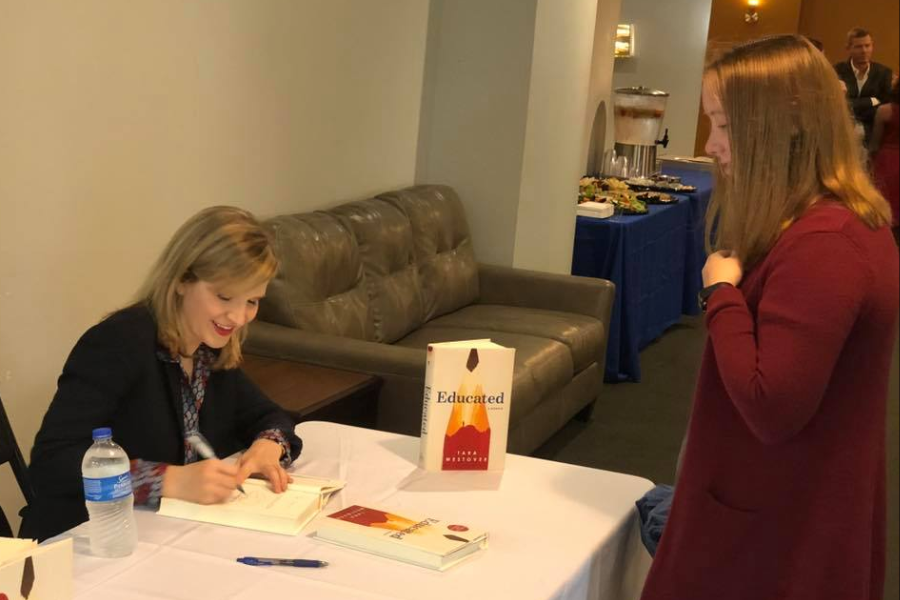
In 2018, Tara Westover published Educated, a memoir that told the story she had once been asked to silence. It became an international sensation.
The book spent over two years on The New York Times bestseller list, was translated into more than 40 languages, and was named one of the best books of the year by Time, The Economist, and The New York Times.
The success turned Tara into a public figure and speaker—but it came at a cost. Most of her family shunned her. A few, including her brother Tyler, chose to stand by her.
The Freedom She Fought For
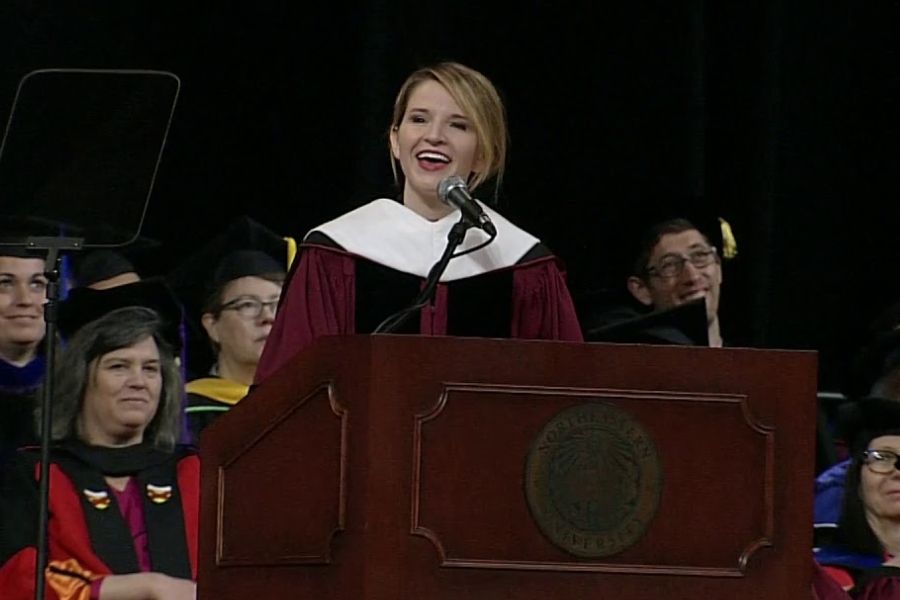
Today, Tara Westover lives a life shaped not by fear or silence, but by truth. She works at Harvard, writes, and surrounds herself with people who see her—truly see her—for who she is.
She no longer identifies as Mormon, nor does she carry the burden of trying to win back those who denied her reality. The cost of her freedom was high, but she paid it—and she doesn’t regret it.
Tara’s story is one of extraordinary resilience. She broke free from isolation, reclaimed her voice, and built a life on her own terms. Not the life she was given—but the one she chose. And n

